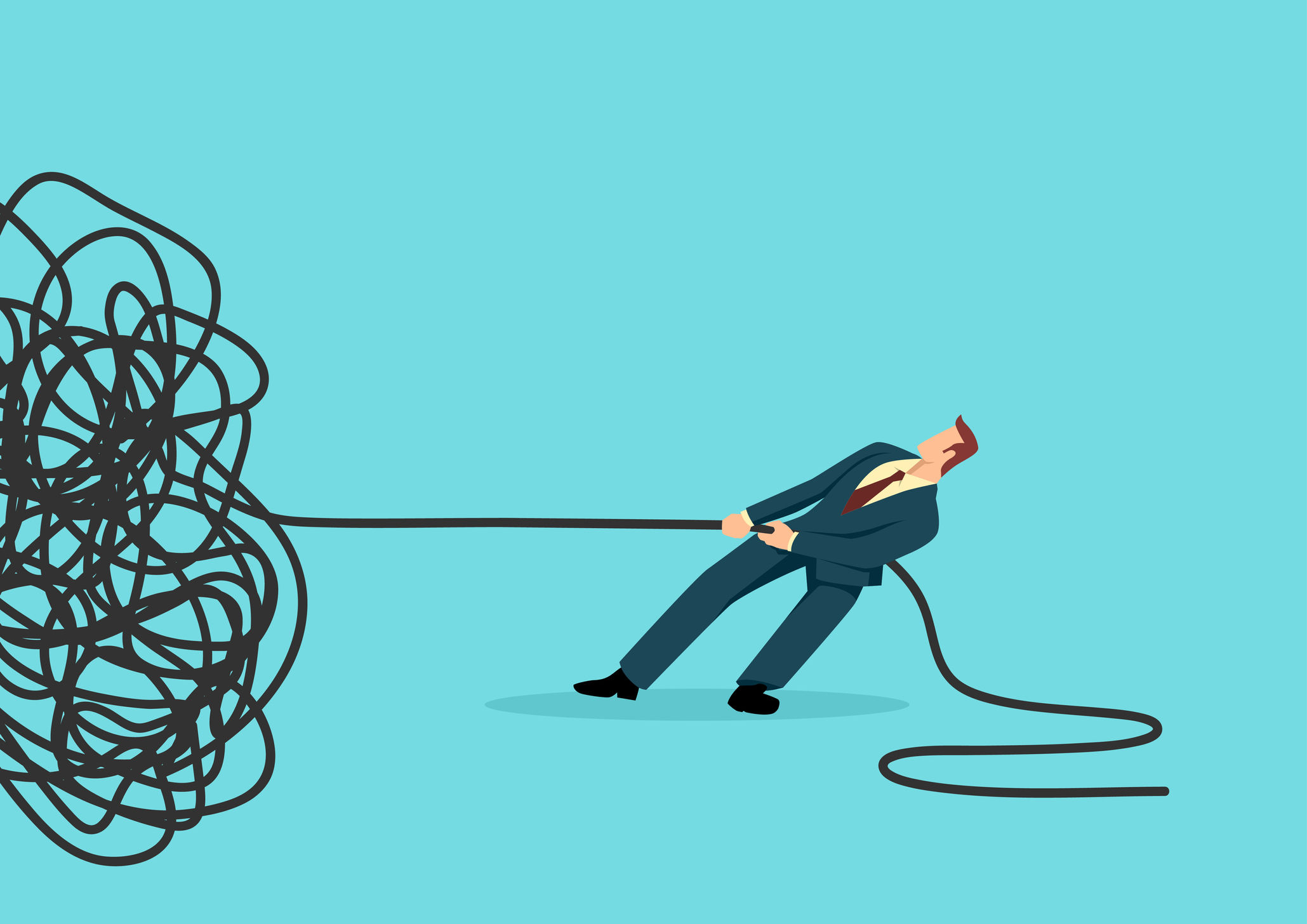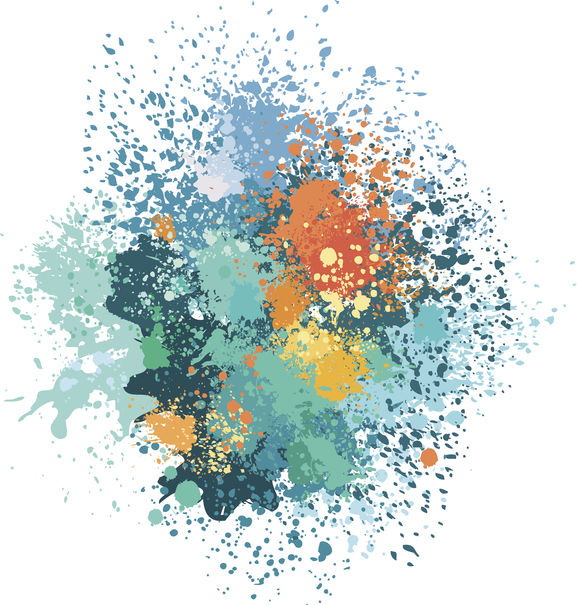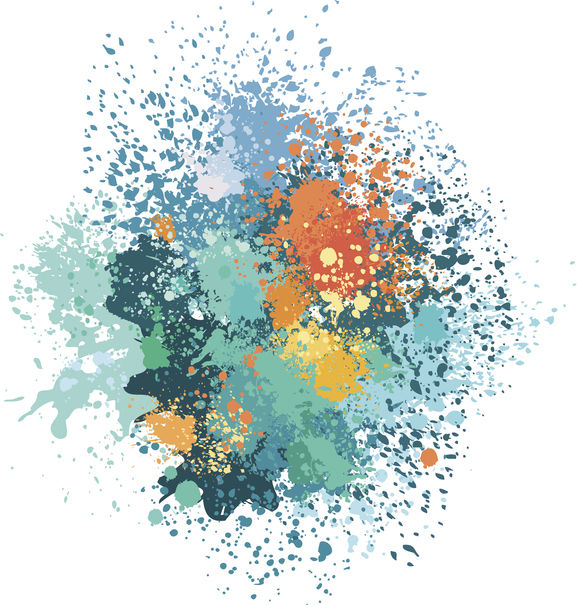
“‘Tis the time’s plague when madmen lead the blind.”
Gloucester, King Lear – William Shakespeare
Even before the advent of Covid 19 and the extraordinary effect it is having on society and the economy we were living in an era of accelerated change. This is now magnified and multiplied by this pandemic and the potential global recession. The difficulty for business is that the kind of change we are experiencing – disruptive change – is affecting one of the core foundations of leadership: insight. We define insight as the capacity to see – to be able to perceive beyond the present little moment and develop a vision of a possible, desirable future.
We don’t deny the seismic shifts that are occurring; they are almost Shakespearean in breadth and scope. The old order quivers on the cliff edge of dissolution. Wise folk are mocked as fools while fools hold sway over the populace. Despots and the vainglorious lead divided nations into war with an invisible enemy. All this against a dramatic backdrop of violent storms which ravage the land and tempests that torment the seas; winds and floods rage across the global stage.
“Blow, winds, and crack your cheeks! rage! blow!
You cataracts and hurricanes.”
King Lear – William Shakespeare
But one can look at any century and geography and see the massive events that shifted the monoliths of religion, politics, and trade. Every epoch has experienced war or starvation or a plague. Each era has its transformation. Change is ever present, and each succeeding generation discovers it anew as though it were unique – a quickening disintegration of what they perceive to have been the status quo.
“We are not living in an era of change but in a change of era.” This has been proclaimed through a variety of industries and institutions, not without some accuracy. Contemporary change is characterised by disruption: not just as a consequence, as with Covid 19, but often as an intention. Disruption of industries by new players through digital disruption, or disruption used as a weapon on the political stage to destabilise and polarise – to divide and conquer. Or even disruption as the only way to find a voice for protest.
Change is unavoidable at all times and in all areas of life, and none more so than business. It will continue to happen whether business likes it or not. One may be forgiven for feeling that the rate of change currently borders on chaos. Chaos is when change happens more quickly than we can adapt to it.
Frameworks to help us make sense of change draw from a variety of disciplines: quantum physics, grief counselling, chaos theory, and complex adaptive systems. We tend to think of change as linear – we change from A to B. However, the change we are currently living through is better described as flux, which is a constant stage of evolutionary change.
“Flux” may not seem to be a sufficiently impactful way to describe the chaotic and disorientating upheaval that we are experiencing – but whatever the language, the important question is how can an organisation not just survive but thrive in this environment? How can a company’s leaders and individuals build resilience, remain strategically nimble, and foster a strong but agile culture?
Our answer: CLARITY AND CREATIVITY
CLARITY CREATIVITY
Perception Imagination
Reflection Volition

CLARITY
“Reality is merely an illusion,
albeit a very persistent one.”
Albert Einstein
The first step is to avoid panic mode. Panic crashes the thinking function. It is an appropriate reaction to a life-threatening crisis, but not to a situation where you don’t know what’s going on.
What’s worse than panic? Blind panic. That’s what happens in chaos – we stop seeing. This is compounded in the modern day’s “truth decay” – fake news, spin, post-truth, alternative facts, online trolls, and uninformed opinion amplified by social media. The discord caused in this new landscape increases polarisation and makes it difficult for us to hear clearly.
Perception
“We see the world not
as it is, but as we are.”
Anonymous
At a business level, we need to be able to stay conscious enough to see. At Maynard Leigh, we use a framework for our leaders to help them develop and maintain three levels of seeing:
1. The ability to observe and absorb information
2. The ability to perceive and intuit patterns
3. The ability to see beyond the obvious and envision potential
Wise leaders use this discipline to inform their perspective: their view of themselves, others, and the situation around them.
If we sit interminably in our own echo chambers, then we experience the psychological equivalent of “you are what you eat”. Intelligent leaders who are looking for answers seek out as broad a spectrum of opinions as possible, which includes listening to people they don’t like and answers that they don’t want to hear. The echo chamber shapes and reinforces your perspective and fixes your confirmation bias. The media we choose to digest, the advertising we expose ourselves to, and the friends we surround ourselves with all determine our outlook – if we don’t shape our standpoint, it will be shaped by someone else. We find ourselves like an actor who spouts someone else’s lines, without taking the time to understand if we agree with them or not.
The process is: see the facts, choose your perspective, then reframe your options.
Reflection
How good are you at knowing what to do? More importantly, how good are you at not knowing what to do?
When we are lost in chaos, the instinct is to run around to find a way out – like a child lost in a forest, we want the quickest exit from the uncertainty. But instead of running heedlessly in any and every direction, we need to stop. Stand still. Be present in the discomfort.
There is a debate about leadership being the ability to provide certainty. Our western model champions the individual infallible leader – Elon Musk, Steve Jobs, Margaret Thatcher, Winston Churchill, Jesus Christ – a single leader who will deliver us from evil.
This hero leadership is a myth. It’s no surprise that there is an inverse correlation between the stereotypical “male” confidence and actual competence. Although there is a time and a place for certainty – and some situations where it is paramount – the only outcome of constant certainty is mediocrity. We need to know when it is better to embrace uncertainty.
If we do not take time to adjust our eyes to the dimness of confusion then we will not only miss the insight that is waiting there, we will also run ourselves into a panic as we go around in circles, ending up in the same place time and time again.
The space created by hitting the pause button allows us to make the landscape familiar – to observe how the light falls and where the shadows hide. This is a process of reflection and mindfulness which leads to wisdom. The artist in all of us knows that in this uncomfortable stillness and ambiguity, the muse may visit, and a truly creative response is possible.
“I paint my own reality.”
Frida Kahlo

CREATIVITY
Creativity exists in the realm of play. It requires both imagination and volition. However, in the corporatised, globalised, and digitalised world, we seem to have polarised work and play, and demonised one or other of them.
“Play is what you do when you feel at
your most free, your most voluntary.”
JP Sartre
Imagination
The spirit and environment of play is particularly important when we invoke imagination. Play is not idle, wasteful, or frivolous. Actors play – they seek to produce outstanding performance through harnessing the imagination. They and their directors know that imagination is a form of alchemy which transforms ordinary situations into outstanding moments.
In a disrupted environment, imagination is one of the most important faculties that a leader has at their disposal. It is imagination that generates:
New options
Wholehearted involvement
A desire for learning and development
Inspiration and vitality
These attributes are needed for individuals and businesses in our turbulent times. Only imagination can produce the kind of vitality that is required to meet the pace of change.
Imagination, not unlike inspiration, does not visit the lazy. Although imagination is spontaneous, you can still prepare yourself for it. The best preparation is effective learning and development, and – crucially – rehearsal. We don’t expect our leading actors, sporting heroes, or even our struggling class of politicians to perform at their best without intense preparation – but all too often we expect our teams to do that.
“Rehearsal is the work. Performance is the
celebration of the work that happens in rehearsal.”
Michael Caine
But how do you rehearse when the play isn’t written?
By immersing themselves in workshops, coaching, and continuous development, smart leaders develop their creative imagination as well as the internal psychological resources to build an agile resilience.
Volition
For some, volition is an unfamiliar word that sounds perhaps a little airy – not quite concrete enough. Volition is the power of using one’s will to pursue a personal vision or purpose. It’s more commonly used in the phrase “of one’s own volition” which places it as intrinsic to the self.
This fourth pillar requires perception, reflection, and imagination to create mindful, effective, and sustainable action.
Volition holds the spirit; the inspiration in the toughest times, or the motivation amidst the constant disruption. When one acts with volition, it can be intoxicating – there is a sense of ownership and agency to drive us forward. Volition encompasses our desire and our direction, which produces the impetus for action. Action without desire is drudgery, and action without direction will merely add to the chaos.
Disruptive technological, environmental, and social change has triggered what the philosopher Timothy Morton describes as “a traumatic loss of coordinates” for all of us. When maps no longer describe the landscape and the satnav shows a route that no longer works, you need to have a compass. This compass requires you to have core values and principles to help you set your true north. The chaos of our time may require your business to do more than just adapt – it means we must challenge ourselves to ask what we do, and why we do it. What is the meaning and purpose of our work? What role do we play in society?
Volition requires a connection to our inner personal aspiration; a robust compass to provide direction as well as a sense of hope. Not hope as a powerless desire that things might work out, but hope as a powerful antidote to despair – a confident expectation of positive outcomes based on the best thinking, and a resolute commitment to a cherished desire.
“Hope is an embrace of the unknown and the unknowable,
an alternative to the certainty of both optimists and pessimists.”
Rebecca Solnit
A Call for Hope
One reaction to chaos is despair and diversion: to bury our heads in the sand, or to catastrophise everything. The truth is that it isn’t the end of the world – and when we indulge in despair, we are avoiding the responsibility we have as individuals to find strategies for hope.
In the thirty years since Maynard Leigh was founded, we have experienced a huge number of external tremors and internal shocks. At a time of unprecedented levels of disruption in business, it is a challenging time to hold onto hope. However, it is also a privilege to be grappling with these questions, where we have a possibility to help build a better future using clarity and creativity.
Hope does not mean naively denying reality. Hope is a belief that we have the ability to face change, respond to change, and create value out of change. To do this, we need to be bold.
“You may write me down in history
With your bitter, twisted lies,
You may trod me in the very dirt
But still, like dust, I'll rise.
Just like moons and like suns,
With the certainty of tides,
Just like hopes springing high,
Still I'll rise.”
Maya Angelou